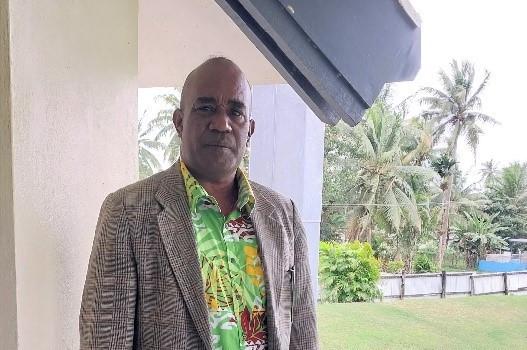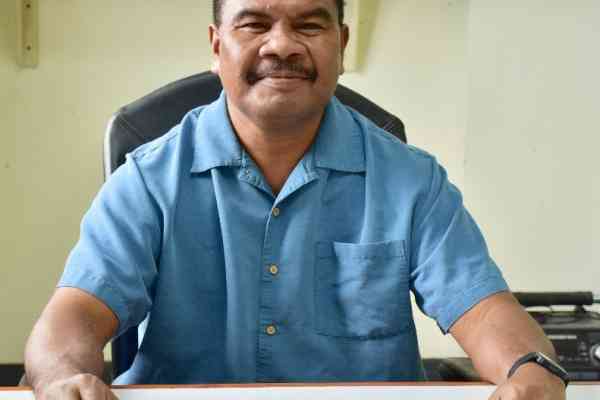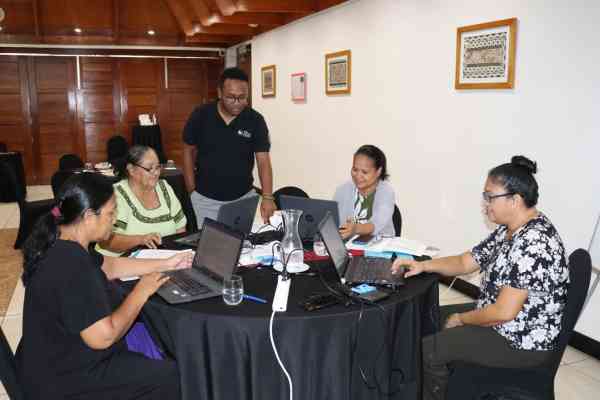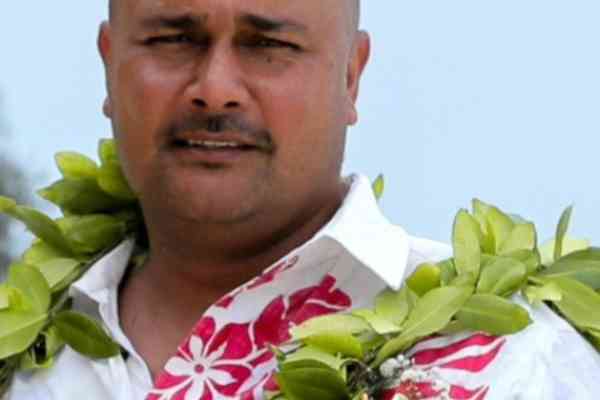(Contenu disponible en anglais uniquement)
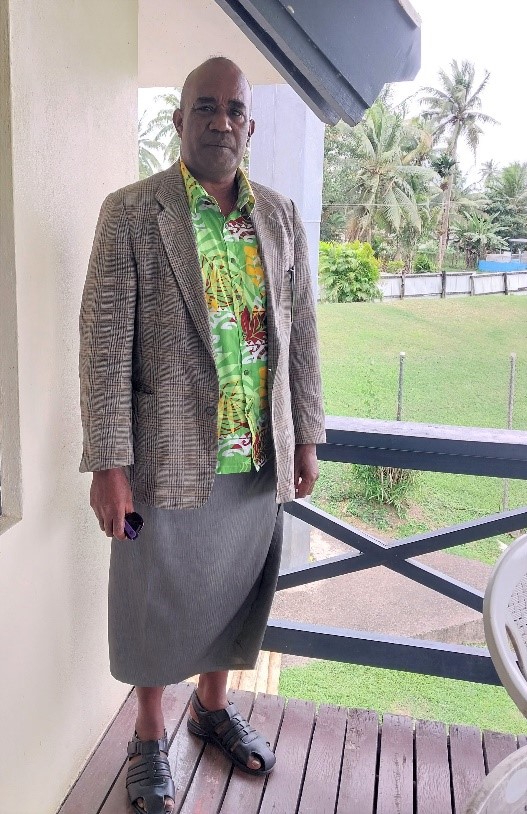 Education managers and school principals from across the region will convene in Nadi from 14 to 18 August for the regional summit on Advancing Resilience and Inclusion through Sustainable School Leadership to update the Regional School Leadership Standards in 2012.
Education managers and school principals from across the region will convene in Nadi from 14 to 18 August for the regional summit on Advancing Resilience and Inclusion through Sustainable School Leadership to update the Regional School Leadership Standards in 2012.
The Summit will draw on the expertise, experience, and knowledge of the culture and context of the 15 countries in the region, regional and international institutions, donor partners, and international agencies to review the Regional School Leadership Standards.
In this article, we meet Kaminieli Vunisa, School Inspector at Fiji’s Ministry of Education, Heritage and Arts, sharing his experiences in evaluating the effectiveness of school principals in the country. The regional summit discussions will aid in formulating a framework that encapsulates the ideal attributes and professional ethics of a regional school principal, and in reviewing the current regional school leadership standards and identifying areas that are still relevant and those that are no longer relevant for principals.
1- How many years have you been in this position as a school inspector?
I have been in this position as a school inspector for the last eight years, the first seven years as an education advisor and this year I have taken the position of acting senior education advisor.
2- Did you receive any form of training in school supervision before you took up this position?
Yes, I have been through a few trainings, we had an education officer workshop and also, I took some leadership trainings with the University of the South Pacific and attained a workplace leadership training certificate and also the trainer’s certificate. I also underwent a supervisory manager disciplinary skills training with USP. The Ministry of Education has also taken us through some leadership in-house training.
3- What standards or criteria do you use to evaluate the effectiveness of school principals?
The effectiveness of the school heads or the school principals is measured through the normal evaluation tool, that is the school's academic performance. Plus, the principal’s effectiveness is also measured by evaluating their ability to deal with and handle staff, the students and other school issues and also the whole school environment, on how they maintain school cleanliness. Effectiveness is also measured in regard to policy, and in how they update themselves with the relevant policies and procedures of the Ministry of Education.
4- What are some common challenges you have encountered during your school inspections, and how have you overcome them?
The most common challenge that we have is the adverse weather conditions. It has hindered our movements to the schools around our districts since most of our schools are in the interior of the island. That was one of the challenges that we overcame. So instead of going out, we interacted and communicated with the head of schools through phone calls or through social media (Viber) messages and emails.
5- How do you handle disagreement or pushback from school principals or staff regarding your inspection findings?
I am sure all schools are aware of the assessment to be done which are evidence-based. There are two types of assessments, External School Review Inspection (ESRI) and Internal School Review Inspection (ISRI). The commonly used assessment is ESRI, through which we normally move and carry out assessments for heads of schools. The school also has in-house assessments in place whereby the supervising officers handle the regular inspections at all school levels. So, as an external supervisor, I inspect the records kept at the offices, and tour the schools to correlate the recordings while at the same time, doing my own assessments e.g., see the generals, keeping up with the schools, classrooms, garden areas, school canteens, drainage systems, washrooms, and recreational facilities. All these findings are recorded as it is a process and progress-based assessment. Therefore, the final assessment by me is accepted however should there be any pushback by anyone then we revisit the assessment criteria and relook at the expectations of the assessments and achievements made by the school. The related evidence for the achievement is expected to draw the conclusion or the final ratings for the heads of schools.
